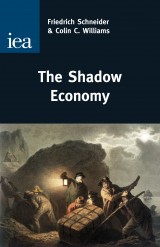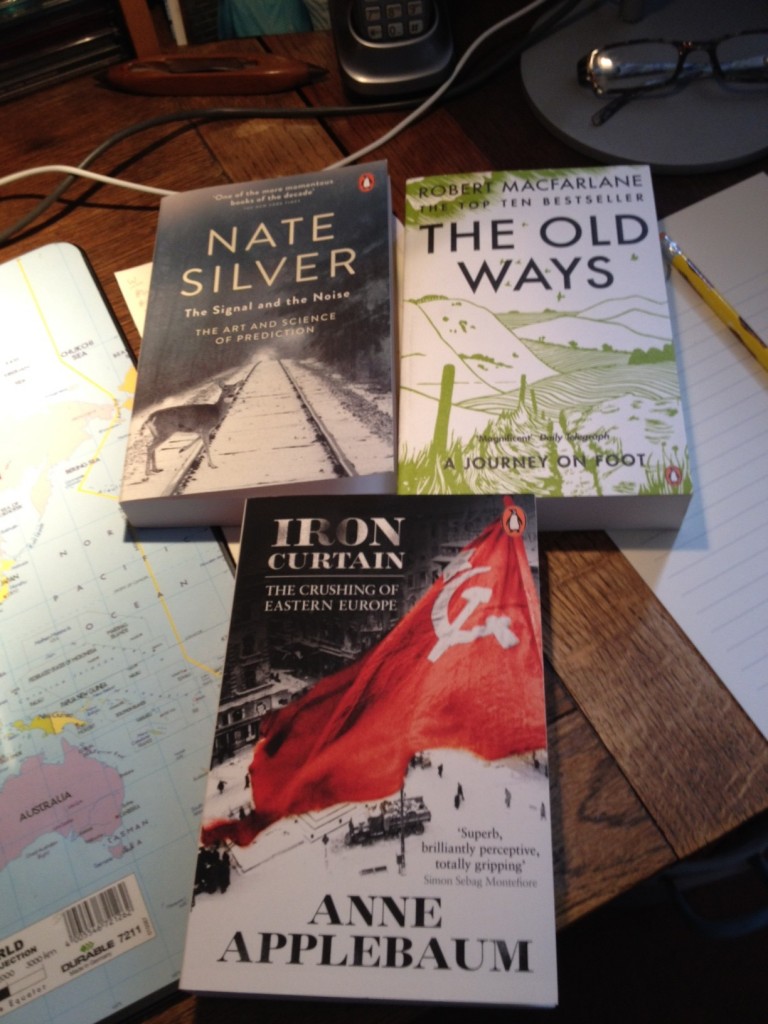For the past two days I’ve been immersed in conference in Istanbul, The Performance Theatre, which includes business people of an enlightened kind, artists, some policy folk, from many countries. So it’s a diverse crowd but pretty elite. It’s always interesting to see what books a top group will cite during the proceedings. And what an eclectic mix it was this time.
[amazon_link id=”0099478986″ target=”_blank” ]Birds Without Wings [/amazon_link]by Louis de Bernieres [amazon_image id=”0099478986″ link=”true” target=”_blank” size=”medium” ]Birds Without Wings[/amazon_image] [amazon_link id=”0007267126″ target=”_blank” ]
The Rational Optimist [/amazon_link]by Matt Ridley [amazon_link id=”0099540940″ target=”_blank” ]
The Master and Margarita[/amazon_link] by Mikhail Bulgakov [amazon_image id=”0099540940″ link=”true” target=”_blank” size=”medium” ]The Master and Margarita (Vintage Classics)[/amazon_image] [amazon_link id=”0486449130″ target=”_blank” ]
Mutual Aid[/amazon_link] by P Kropotkin [amazon_link id=”0140047433″ target=”_blank” ]
Lives of a Cell [/amazon_link]by Lewis Thomas [amazon_image id=”0140047433″ link=”true” target=”_blank” size=”medium” ]The Lives of a Cell: Notes of a Biology Watcher[/amazon_image] [amazon_link id=”0262015218″ target=”_blank” ]
Ai Weiwei’s blog[/amazon_link] [amazon_link id=”B00CAUH7IG” target=”_blank” ]
Seven Elements that have Changed the World[/amazon_link] by John Browne
[amazon_image id=”0297868055″ link=”true” target=”_blank” size=”medium” ]Seven Elements That Have Changed The World: Iron, Carbon, Gold, Silver, Uranium, Titanium, Silicon[/amazon_image]
I’m jotting this down in a hotel a couple of kilometres from Taksim Square, and it’s noisy there tonight. Time to turn over to Twitter and rolling (online) news to see what’s happening. It feels like a good time to try to understand the world as well as change it,


